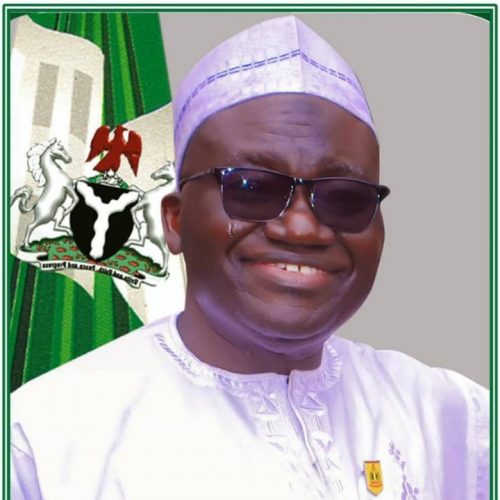
As students under the auspice of the National Association of Nigerian Students (NANS) took to the streets protesting three-months on-going strike embarked upon by the Academic Staff Union of Universities (ASUU), the Director General of Michael Imoudu National Institute of Labour Studies, (MINILS) Comrade Issa Aremu, has urged university dons and the Federal government to return to what he called “genuine Social Dialogue” to resolve all outstanding issues in the university system.
The Director General spoke from Ilorin at the Channels Television breakfast programme “Sunrise Daily” on Thursday via Zoom. While expressing optimism that ASUU/ Federal Government dispute was surmountable, Comrade Aremu called for “an immediate convocation of an expanded meeting within the context of the statutory National Labour Advisory Council (NLAC) to resume social dialogue on all issues in dispute”. According to the Director General, ASUU/ FG disagreement is “legacy avoidable crisis of collective bargaining” which dated to military administration. He regretted that since Nigeria returned to democratic rule in 1999, ASUU had embarked on strikes for 50 months, ( almost five years) adding that strikes by lecturers that lasted 18 months under former President Obasanjo had truncated the legitimate aspirations of students in public universities to complete their studies in record time.
The Director General who was also a two term Vice President of Nigeria Labour Congress (NLC) observed that Nigeria has vibrant and tested institutions for grievance handling and dispute resolutions. He therefore urged both the officials of the Ministry of education and ASUU to take advantage of the tripartite National Labour Advisory Council (NLAC), suspend current hostilities and resume social dialogue for students to return to classes. While expressing solidarity with the students who are out of schools due to the prolonged crisis, Comrade Aremu observed that President Buhari in his May Day speech was “not unmindful” of the urgent need to resolve the crisis given the mediatory role of the Honourable Minister of labour, Dr Chris Igige. He therefore urged all parties to resume discussions to salvage the education sector which he said already suffered from “poor facilities, brain drain and mismanagement of limited funds”.
“At the core of the ongoing crisis in the universities is the issue of crisis collective bargaining of both “disputes of rights” and “interests”. Both parties need a new thinking, within the context of NLAC, reaffirm commitment to collective agreements and suspend the unhelpful dysfunctional prolonged strike” he said.
In a related development, MINILS, and the Abuja based non- governmental organization; Savannah Centre for Diplomacy, Democracy and Development (SCDDD) are set to compliment the economic diversification drive of the Federal government through joint collaborative mass education of workers and political class on entrepreneurship, Industrialization and value addition.
Rising from one-day Round Table policy dialogue on “Reviving the Nigerian Industrial Economy” organized by the two centers on Tuesday in Abuja agreed to promote awareness about the provisions of the new National Development Plan (NDP) 2021 – 2025 by President Buhari with respect to creation of 21 Million New Full-Time Jobs and uplifting 35 million Persons Out of Poverty by 2025.
Leading the discussion on the role of Labour to Industrialization in Nigeria, Director General of MINILS, Comrade Issa Aremu had observed that while oil and gas and solid minerals are exhaustible resources, the key to real transformation and economic recovery of Nigeria lies in manufacturing and industrialization. According to him, Nigeria had no business in lamenting poverty “when it can and should generate wealth by increasing domestic capacity utilization of the existing industries, revive the closed factories and create mass decent jobs”. He hailed the recent launch of the new National Development Plan (NDP) 2021 – 2025 by President Buhari noting that the Plan’s objectives of Economic diversification, Investment in infrastructure, Security and good governance and Educated and healthy population were capable of re-industrializing Nigeria.



